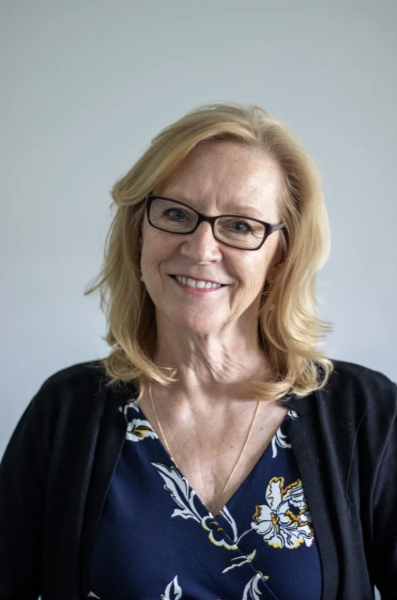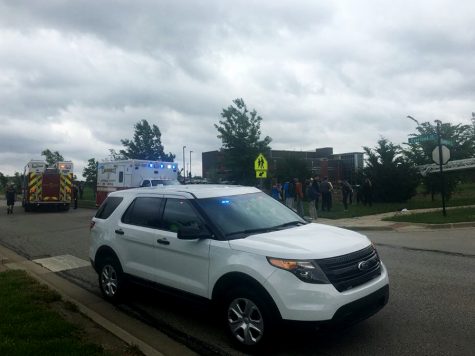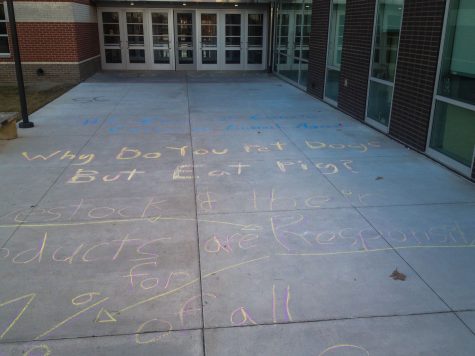National merit finalists excel at test taking
Ten seniors were recognized for their academic achievement by becoming National Merit Finalists this February. They received this honor for their scores on the PSAT/NMSQT standardized test.
“It’s a recognition based off of PSAT scores,” finalist Maggie Carttar said. “It’s a corporation that recognizes people for good scores on a test.”
Previously, the students were announced as National Merit Semi-finalists, and an unprecedented 100 percent of the students moved on to be finalists. The PSAT is designed to be similar in nature to the SAT, and recently underwent a restructuring. The recognition is based off of test score, followed by an application including an essay and teacher recommendation. Some recognitions come with scholarships from the corporation, as well as from universities.
According to finalist Nat Hoopes, these scholarships can be limited.
“Most of the schools I’m looking for don’t give the school sponsored scholarships, but a scholarship’s gonna be nice no matter what,” Hoopes said.
In the time since current finalists took the test, it has seen revision to more closely parallel the SAT. Linda Liu says that the scoring system changed to be more similar to the SAT, as well as the content of the test.
“It’s more math oriented now than it used to be, because the math on the PSAT used to be really easy, now I think it’s harder,” Liu said.
Many of the finalists took a preparatory class provided to gifted students at Free State, in which they studied, practiced and cultivated strategies for standardized tests of all kinds. Hoopes noted that he took many practice tests in order to understand the nature of the test. Both Liu and Carttar credited their innate test-taking ability with a large portion of their success, however.
“I think I’m a decent test taker naturally, because I know how to guess and things like that… it just worked out,” Liu said.
In fact, the finalists didn’t put much stock in their scores being a perfect representation of their academic ability at all.
“I think it’s a good representation of one of many skills,” Carttar said. “One part of a skill set that some people have and some people don’t. It’s one of those sterilized environments where you have a test sheet to bubble out and a packet full of questions to rifle through… I don’t personally think it’s a good representation of intelligence, because intelligence can be so many things, but it is a good representation of that… sort of test-taking.”
The program is highly selective, however, according to the National Merit website, approximately 15,000 students are qualified to be finalists out of over 1.5 million entrants. Free State’s finalists are part of an elite group, but aren’t elitist. Carttar says that she is proud of winning, but doesn’t feel as though she is superior. She says she still learns a lot from her peers, and sometimes even feels foolish.
“In the classroom, I can still feel dumb around other people,” Carttar said, laughing. “So that’s good, there’s a balance there.”









